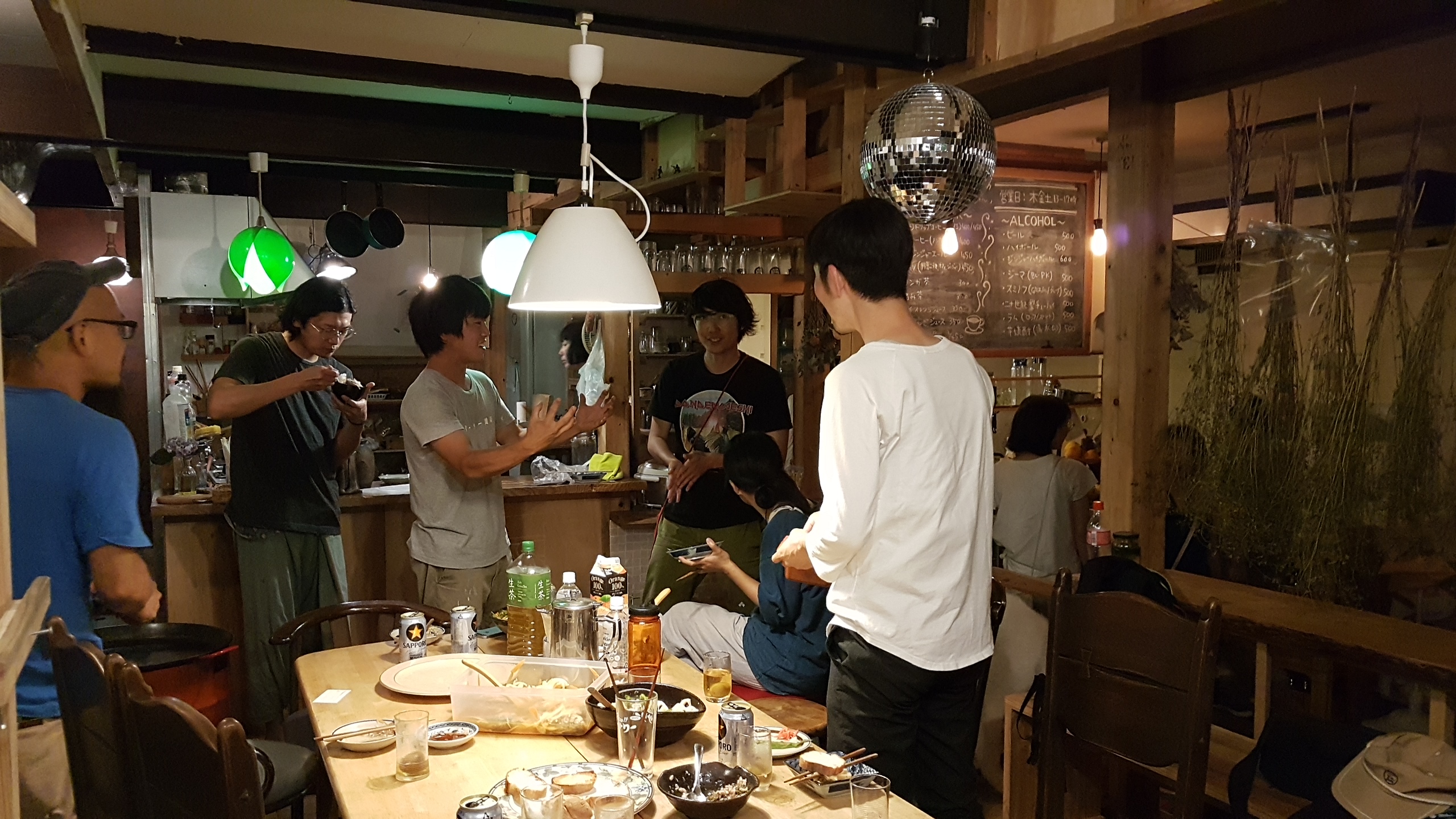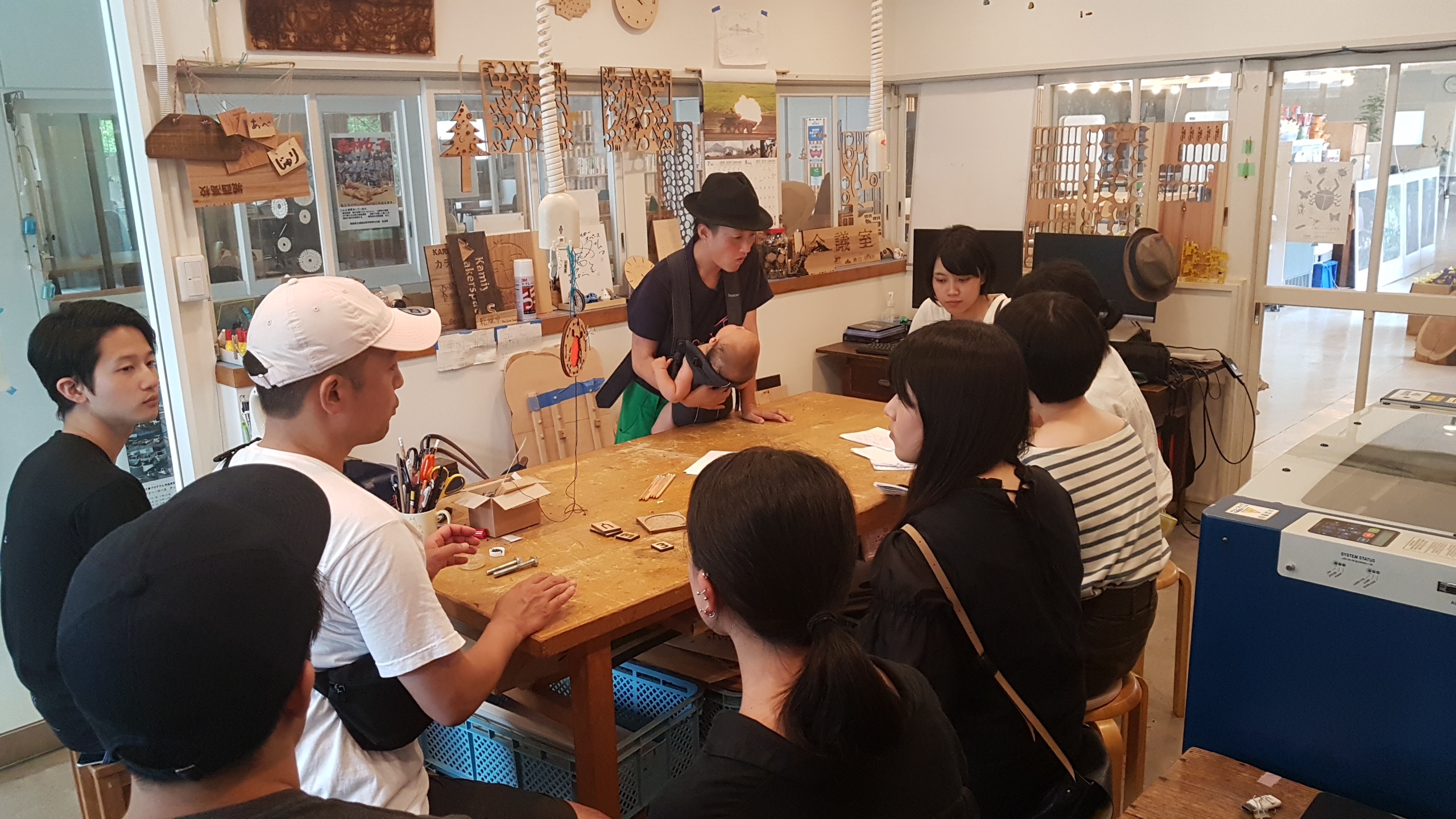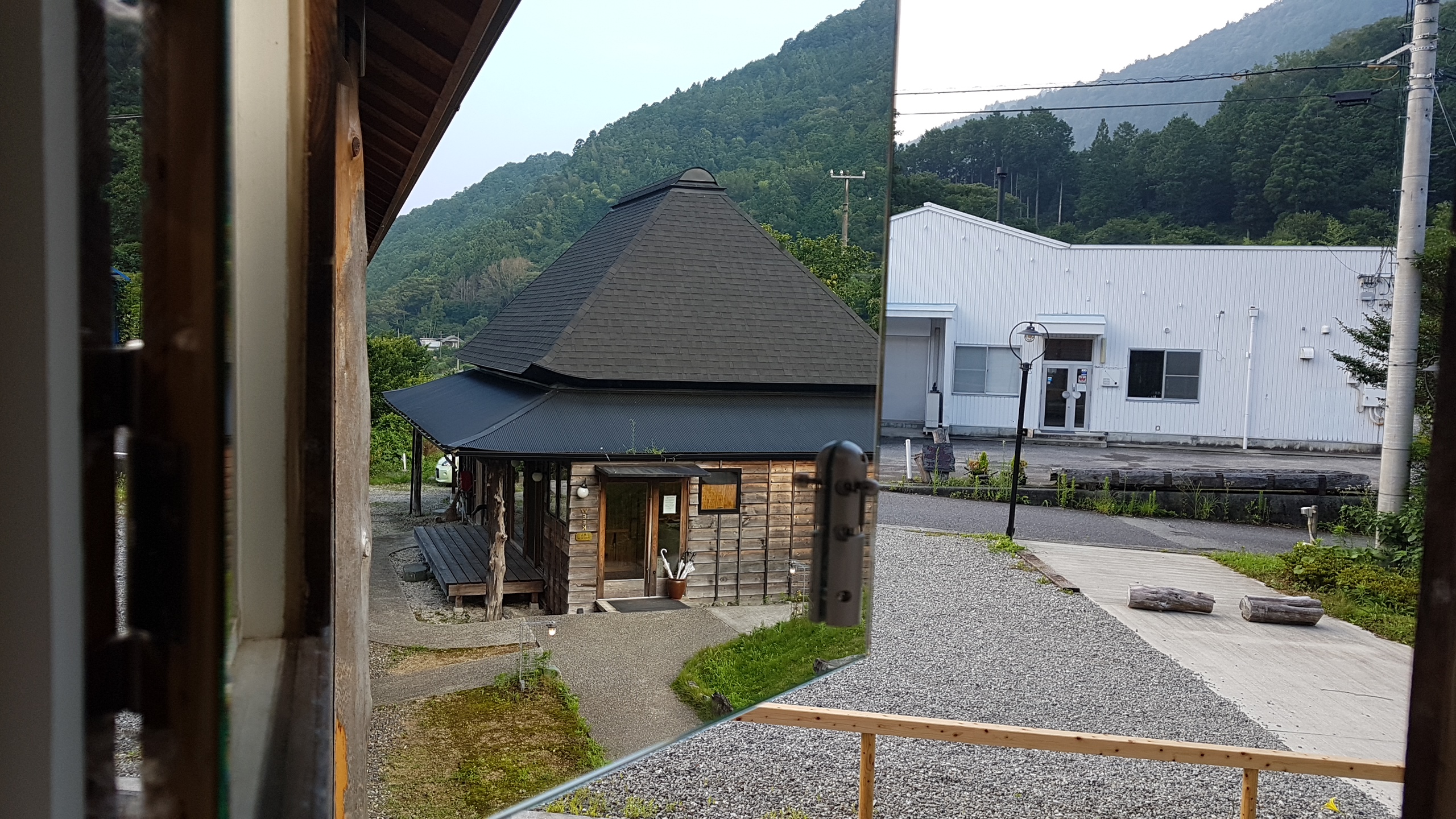The Architecture of Art Projects in Small Cities in Japan
Against the backdrop of severe depopulation vis-a-vis a rapidly aging society, this project considers the enabling role of architecture at the margins, in relation to the rise of alternative spaces and local citizenry across Japan. Unique to Japan, art projects encapsulate art-related initiatives held outside traditional museum and gallery spaces. Cultural activities arising from art initiatives typically take place in alternative sites and purposefully employ art-making and other forms of convivial creative tasks to engage a range of participants. They utilise old houses, decommissioned factories and increasingly, repurpose public buildings such as libraries and schools to bridge social welfare facility deficit. While there is already considerable literature on art projects, this project examines the contribution of architectural collaborators in art projects. Fieldwork supplemented by interviews reveal how such grassroots initiatives offer an alternative approach to realising a more robust form of conservation through adaptive reuse and purpose-driven conversion of durable vernacular stock, the importance of social media in this era of technological integration for the flourishing of social life both online and off across geographical distances, and the role of art projects in promoting heritage awareness as well as the transfer of intangible knowledge to improve self-sufficiency.












